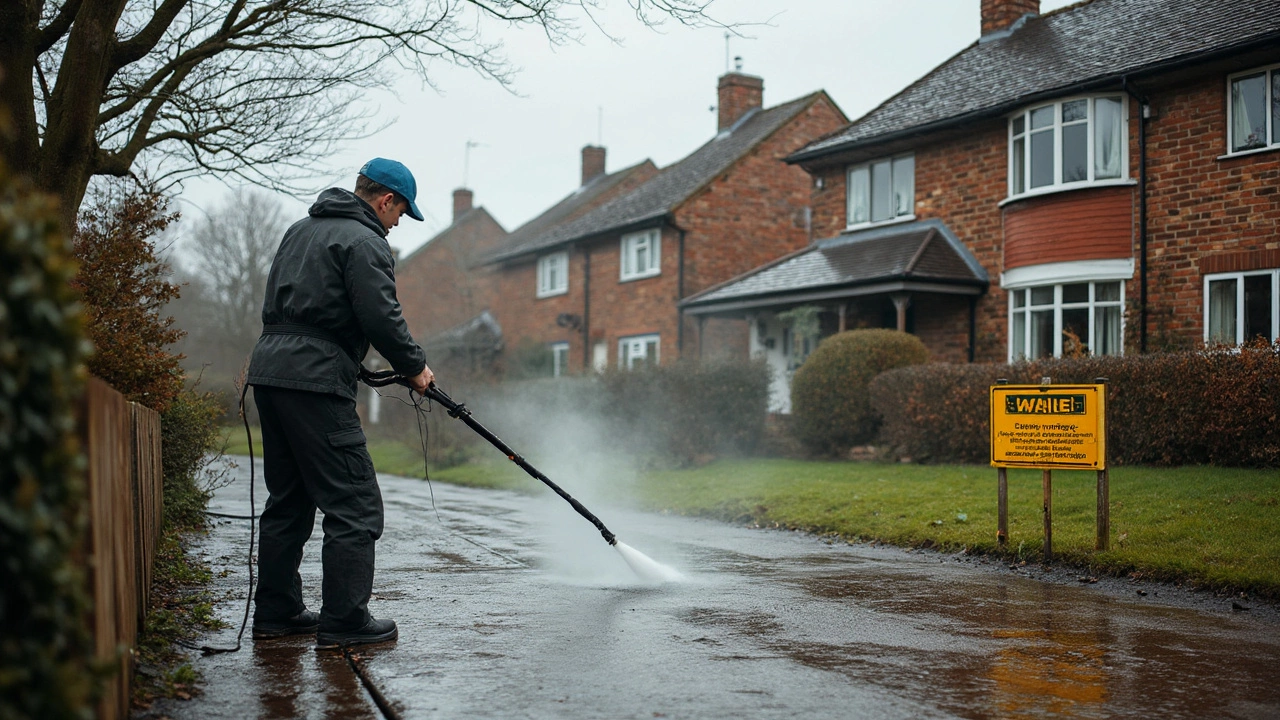Cons of Cleaning Services: What You Need to Watch Out For
If you think every cleaning service is a win‑win, think again. Behind the sparkle there are costs, risks and annoyances that can bite you if you’re not careful. Below we break down the most common drawbacks you’ll meet when hiring pros or buying DIY solutions.
Pressure Washing Isn’t Always a Magic Fix
Pressure washers look impressive, but they can also damage siding, strip paint and even push mold deeper into wood. Many first‑time users crank the machine to maximum, only to see cracks appear later. The equipment itself is pricey, and if you rent it without proper training you might end up paying for repairs you never expected.
Eco‑Friendly Products Can Cost More Than They’re Worth
Green cleaning supplies promise safety and sustainability, yet their price tags can be steep. The higher cost often comes from specialized ingredients and smaller production runs. If you swap out every conventional product for a green alternative, your budget may bleed quickly without a noticeable performance boost.
That’s not to say green cleaners are useless—just that you should match the product to the job. For everyday surface wipes, a basic vinegar‑water mix works just fine and keeps your wallet happy.
Builder’s Clean: A Hidden Expense
After a renovation, a builder’s clean sounds like a quick tidy‑up, but the reality is a thorough deep clean that can run into hundreds of pounds. Contractors may miss dust in ducts or tiny debris behind walls, leaving you to call back for a second pass. Always ask for a detailed checklist and a written estimate before signing.
Wear‑and‑Tear Confusion for Tenants and Landlords
Normal wear and tear is a gray area in rental agreements. Small nail holes, faded paint or minor carpet stains are usually the tenant’s responsibility, yet many landlords try to charge extra. Knowing what counts as legitimate repair versus normal use can save you from losing a security deposit.
Keep a photo log of the property at move‑in and move‑out to prove the condition and avoid disputes.
Tips and Gratuities: When Is It Expected?
People often wonder if they should tip cleaning staff. The answer depends on the service agreement and local customs. If you’ve booked a regular cleaning contract, tips are optional but appreciated for a job well done. For one‑off deep cleans, a small gratuity can show gratitude and encourage a thorough finish.
DIY vs. Professional: When to Call the Experts
Carpet cleaning, sofa deep‑cleaning and oven degreasing all have DIY routes, but they can be time‑consuming and sometimes ineffective. Professionals bring industrial‑strength equipment that reaches deep fibers and removes stubborn stains in a single pass. The trade‑off is higher cost, but think of it as paying for saved time and better results.
For occasional spot‑cleaning, a DIY approach works; for whole‑home refreshes, a pro service might be worth the spend.
Bottom Line: Weigh the Cons Before You Commit
Every cleaning decision comes with a set of pros and cons. By understanding the risks—whether it’s pressure‑washer damage, hidden builder‑clean fees or pricey eco‑products—you can choose the right solution for your budget and peace of mind. Take a moment to compare prices, read reviews and ask the right questions before you hand over the keys or your wallet.

The Downsides of Pressure Washing: What You Need to Know
Pressure washing can be a quick way to clean surfaces, but it comes with its own set of drawbacks. From potential property damage to safety risks, it's important to weigh the cons before you start blasting away dirt. Understanding what could go wrong helps you make smarter choices and avoid costly mistakes. Make sure you're equipped with the right tips to mitigate these issues.
Read More